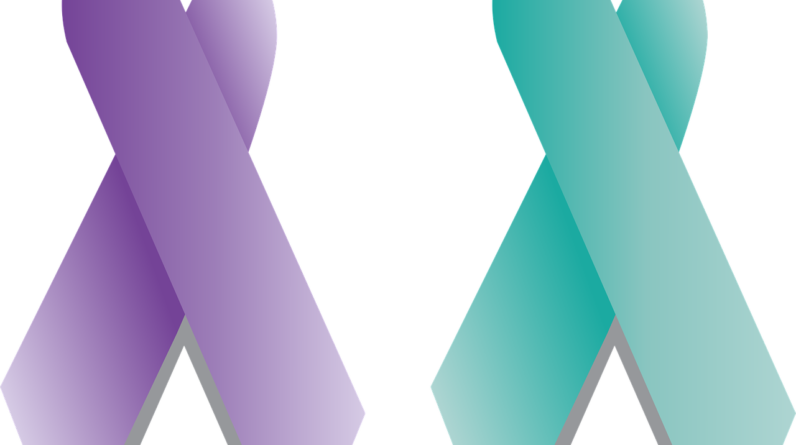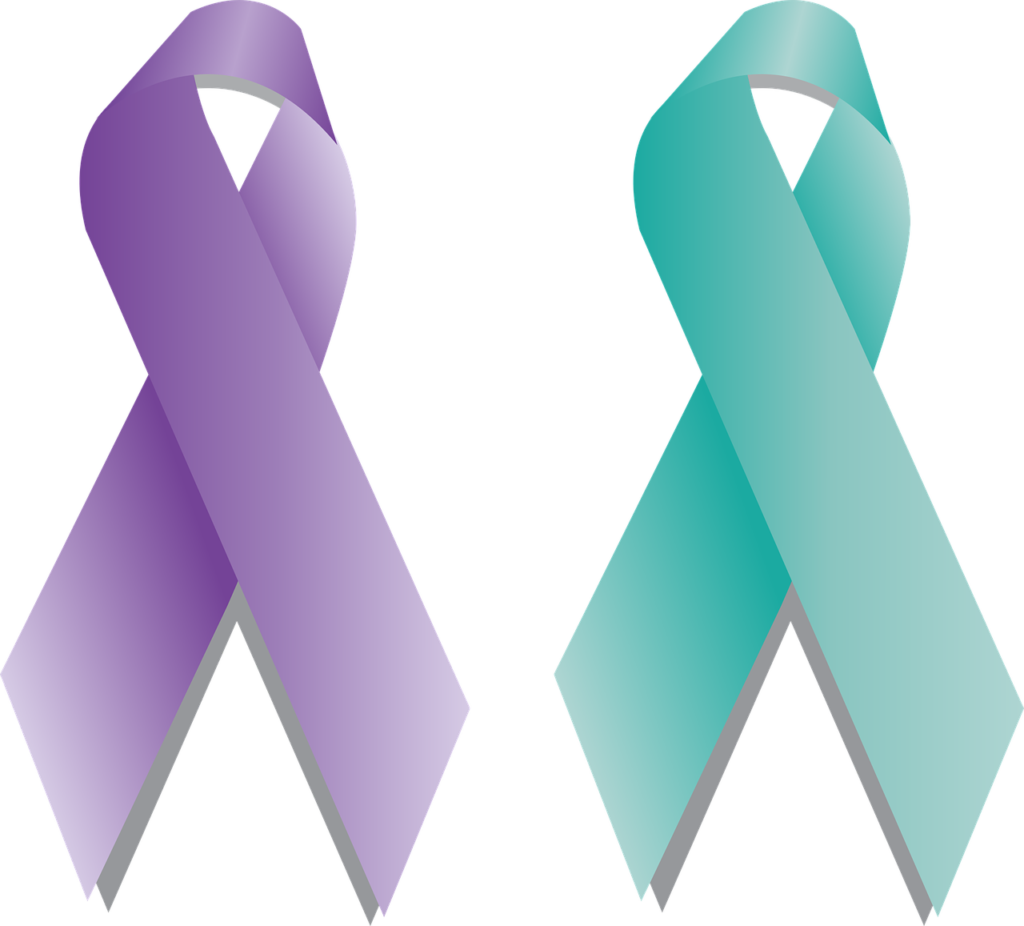
Are you tired of constantly feeling exhausted and drained due to the debilitating symptoms of fibromyalgia? In this article, we will explore the possibility of finding relief through natural health solutions. Fatigue is a common and often overwhelming symptom of fibromyalgia, but could there be a way to manage it without relying solely on medication? Join us as we delve into the world of natural remedies and discover if they can truly address the fatigue that plagues those with fibromyalgia.

Understanding Fibromyalgia
Definition and Symptoms of Fibromyalgia
Fibromyalgia is a chronic condition characterized by widespread pain throughout the body, accompanied by tenderness, stiffness, and fatigue. The pain experienced by individuals with fibromyalgia is often described as a constant dull ache that affects multiple areas of the body, including muscles, joints, and even the skin. In addition to pain, those with fibromyalgia may also experience other symptoms such as sleep disturbances, cognitive difficulties (often referred to as “fibro fog”), headaches, digestive problems, and mood disturbances.
Causes of Fibromyalgia
The exact cause of fibromyalgia is still unknown. However, researchers believe that a combination of genetic, environmental, and psychological factors may play a role in its development. It is thought that abnormalities in the way the central nervous system processes pain signals may contribute to the heightened sensitivity and pain experienced by individuals with fibromyalgia. Additionally, certain triggers such as physical or emotional trauma, infections, and hormonal imbalances have been associated with the onset of fibromyalgia symptoms.
Prevalence and Impact of Fibromyalgia
Fibromyalgia is a widespread condition, affecting an estimated 2-8% of the global population, with a higher prevalence among women. It can occur at any age, but most commonly manifests in middle-aged individuals. The impact of fibromyalgia on daily life is significant, as it can limit a person’s ability to perform daily tasks, engage in physical activities, and participate in social events. Fatigue, one of the most prevalent symptoms, can be particularly debilitating, often leading to decreased productivity, cognitive difficulties, and a decreased overall quality of life.
The Link Between Fibromyalgia and Fatigue
Fatigue as a Common Symptom of Fibromyalgia
Fatigue is a hallmark symptom of fibromyalgia and is experienced by the vast majority of individuals with the condition. Unlike typical tiredness, fibromyalgia-related fatigue is often unrelenting, persistent, and not easily alleviated by rest or sleep. It can significantly impact a person’s ability to carry out daily activities and can further contribute to the overall burden of fibromyalgia symptoms.
Possible Causes of Fatigue in Fibromyalgia
The exact cause of fatigue in fibromyalgia is not entirely understood. However, several factors may contribute to its development. Disrupted sleep patterns or the presence of other sleep disorders, such as sleep apnea or restless leg syndrome, are commonly associated with fibromyalgia-related fatigue. Additionally, the chronic pain experienced by individuals with fibromyalgia can lead to a constant state of heightened stress, which in turn can contribute to fatigue. Furthermore, hormonal imbalances, such as abnormalities in the production of cortisol and serotonin, have also been implicated in the development of fatigue associated with fibromyalgia.

Natural Health Solutions for Fatigue in Fibromyalgia
Dietary Interventions
A healthy and balanced diet plays a crucial role in managing the symptoms of fibromyalgia, including fatigue. Incorporating nutrient-dense foods, such as fruits, vegetables, lean proteins, and whole grains, can provide the necessary energy and support overall wellness. It is also important to limit the intake of processed foods, sugars, and caffeine, as they can exacerbate fatigue and contribute to inflammation. Some individuals with fibromyalgia have reported finding relief from fatigue by following specific dietary plans, such as gluten-free or low-inflammatory diets.
Herbal Remedies
Certain herbal remedies have shown potential in addressing fatigue associated with fibromyalgia. Adaptogenic herbs, such as ashwagandha and rhodiola, may help regulate stress hormones and improve energy levels. Other herbs, such as ginseng and licorice root, are thought to have stimulating properties that can alleviate fatigue. It is important to consult with a healthcare professional or a qualified herbalist before incorporating herbal remedies into your routine, as they may interact with medications or have contraindications for certain individuals.
Supplements and Vitamins
Nutritional supplements and vitamins can also play a role in managing fatigue in fibromyalgia. For example, deficiencies in certain nutrients, such as iron, magnesium, vitamin D, and B-complex vitamins, have been associated with increased fatigue levels. Supplementing with these nutrients, under the guidance of a healthcare professional, may help alleviate fatigue and improve overall energy levels. However, it is important to remember that supplements should not replace a balanced diet and should be used in conjunction with other natural health solutions.
Physical Activity and Exercise
While fatigue may make physical activity challenging, incorporating regular exercise into your routine can actually help alleviate fatigue and improve overall energy levels in fibromyalgia. Low-impact exercises, such as walking, swimming, and yoga, have been found to be particularly beneficial. Exercise can help improve circulation, release endorphins (natural painkillers), and promote better sleep, all of which can contribute to reduced fatigue. However, it is important to start slowly and gradually increase the intensity and duration of exercise under the guidance of a healthcare professional or a qualified exercise specialist.
Mind-Body Therapies
Mind-body therapies, such as meditation, mindfulness, and deep breathing exercises, can help reduce stress, promote relaxation, and improve overall well-being. These practices have been found to be beneficial in managing fatigue associated with fibromyalgia by calming the nervous system and reducing the impact of chronic pain. Additionally, techniques such as guided imagery and progressive muscle relaxation can help improve sleep quality, leading to decreased fatigue levels.
Quality Sleep and Rest
Improving sleep quality and ensuring an adequate amount of restful sleep is crucial for managing fatigue in fibromyalgia. Establishing a regular sleep routine, creating a comfortable sleep environment, and practicing good sleep hygiene can help promote a better night’s sleep. It may be beneficial to avoid stimulating activities and electronic devices before bed, create a relaxing bedtime routine, and ensure a dark and quiet sleeping environment. For individuals who struggle with sleep disturbances, consulting with a healthcare professional may be necessary to address any underlying sleep disorders.
Stress Reduction
Managing stress levels is key to reducing fatigue in fibromyalgia. Chronic stress can exacerbate pain and fatigue, so finding effective stress management techniques can be beneficial. Engaging in activities that promote relaxation and emotional well-being, such as practicing yoga or tai chi, engaging in hobbies, or spending time in nature, can help reduce stress levels. Additionally, seeking support from friends, family, support groups, or therapists can provide valuable coping mechanisms and emotional support, leading to decreased fatigue levels.
Acupuncture
Acupuncture, an ancient Chinese healing practice, involves the insertion of thin needles into specific points on the body. It is believed to help balance the flow of energy, known as Qi, and promote overall wellness. Some individuals with fibromyalgia have reported finding relief from fatigue through acupuncture sessions. While the exact mechanisms of how acupuncture works are not fully understood, it is thought to stimulate the release of endorphins, improve circulation, and reduce pain and fatigue. It is important to seek out a qualified and licensed acupuncturist to ensure safe and effective treatment.
Massage Therapy
Massage therapy, when performed by a qualified professional, can help alleviate muscle tension, improve circulation, and promote relaxation. For individuals with fibromyalgia, regular massage sessions may have a positive impact on fatigue levels. Massage therapy can stimulate the release of endorphins, reduce pain signals, and promote better sleep quality, leading to increased energy and decreased fatigue. However, it is important to communicate your symptoms and specific needs to the therapist, as certain massage techniques or pressure may exacerbate pain or discomfort.
Chiropractic Care
Chiropractic care involves the manipulation of the spine and musculoskeletal system to restore proper alignment and function. It is often used to alleviate pain, improve mobility, and promote overall wellness. Some individuals with fibromyalgia have reported finding relief from fatigue through chiropractic adjustments. While the exact mechanisms of how chiropractic care affects fatigue are not fully understood, it is thought to help improve nervous system functioning and reduce pain signals. It is important to seek out a qualified and licensed chiropractor with experience in treating fibromyalgia to ensure safe and effective care.
Effectiveness of Natural Health Solutions
Scientific Studies and Research Findings
Research on the effectiveness of natural health solutions for managing fatigue in fibromyalgia is ongoing, and the results of studies have been mixed. While some studies have shown promising results, others have found limited or inconclusive evidence. It is important to note that individual responses to natural health solutions can vary, and what works for one person may not work for another. More rigorous research is needed to establish the efficacy and safety of these interventions.
Patient Experiences and Testimonials
Despite the mixed research findings, many individuals with fibromyalgia have reported finding relief from fatigue through the use of natural health solutions. Personal testimonies often highlight improvements in energy levels, reduced pain and stiffness, and an overall improved quality of life. It is important to remember that personal experiences may vary, and what works for one person may not work for another. It is also crucial to consult with a healthcare professional before incorporating natural health solutions into your routine, especially if you have any underlying medical conditions or are taking medications.
Considerations and Precautions
Consulting with a Healthcare Professional
Before starting any new treatment or intervention for fibromyalgia-related fatigue, it is important to consult with a healthcare professional. They can provide personalized advice based on your specific needs and medical history. They can also help monitor your progress and make any necessary adjustments to your treatment plan.
Potential Risks and Side Effects
While natural health solutions are generally considered safe, they may still carry some risks and side effects. It is important to be aware of potential allergic reactions, interactions with medications or underlying health conditions, and any risks associated with specific interventions. Always follow recommended dosages and guidelines, and pay attention to any changes in your symptoms or overall well-being. If you experience any adverse effects, discontinue use and consult with a healthcare professional.
Interaction with Medications
Some natural health solutions may interact with medications prescribed for fibromyalgia or other health conditions. It is important to inform your healthcare professional about any natural health solutions you are considering or currently using to ensure there are no potential interactions. They can provide guidance on the safety and suitability of specific interventions in conjunction with your current medication regimen.
Alternative Approaches to Fatigue Management
Conventional Medical Treatments for Fatigue in Fibromyalgia
Conventional medical treatments for fatigue in fibromyalgia may include medications that help manage pain, improve sleep quality, and regulate mood. For example, antidepressants, anticonvulsants, and muscle relaxants may be prescribed to alleviate pain and promote better sleep. Stimulant medications may also be prescribed to address fatigue, although their use is often a matter of debate among healthcare professionals. It is important to discuss the potential benefits and risks of conventional treatments with a healthcare professional to determine the most appropriate approach for your individual needs.
Combining Natural Health Solutions with Medications
In some cases, individuals with fibromyalgia may choose to combine natural health solutions with conventional medical treatments for fatigue management. This approach may be more effective for some individuals, as it addresses multiple aspects of the condition. However, it is crucial to consult with a healthcare professional before combining treatments to ensure safety and to avoid potential interactions between natural health solutions and medications.
A Holistic Approach to Fibromyalgia and Fatigue
Integrated Strategies for Managing Fibromyalgia Symptoms
Taking a holistic approach to fibromyalgia and fatigue involves addressing multiple aspects of the condition simultaneously. This can include a combination of natural health solutions, conventional treatments, and lifestyle modifications. By incorporating various interventions, such as dietary changes, exercise, stress reduction techniques, and appropriate medical treatments, individuals with fibromyalgia can improve their overall well-being and reduce the impact of fatigue on their daily lives.
Lifestyle Modifications for Long-Term Wellness
In addition to natural health solutions and medical treatments, adopting certain lifestyle modifications can contribute to long-term wellness in fibromyalgia. This may include establishing a regular sleep routine, managing stress levels, engaging in regular physical activity, and maintaining a balanced diet. It is important to remember that lifestyle modifications require commitment and may take time to show significant results. Working closely with a healthcare professional or a multidisciplinary team can provide guidance and support in adopting and maintaining a healthy lifestyle.
Conclusion
While fatigue is a common and challenging symptom of fibromyalgia, natural health solutions can offer a range of potential benefits in managing its impact. From dietary interventions and herbal remedies to physical activity and mind-body therapies, there are various approaches that individuals with fibromyalgia can explore. However, it is important to remember that natural health solutions are not a one-size-fits-all solution, and it may take time and experimentation to find the right combination of interventions that work best for each individual. It is recommended to consult with a healthcare professional to develop a personalized treatment plan that considers your unique needs, medical history, and any existing treatments or medications. With a comprehensive and holistic approach, individuals with fibromyalgia can take steps towards managing their fatigue and improving their overall quality of life.


